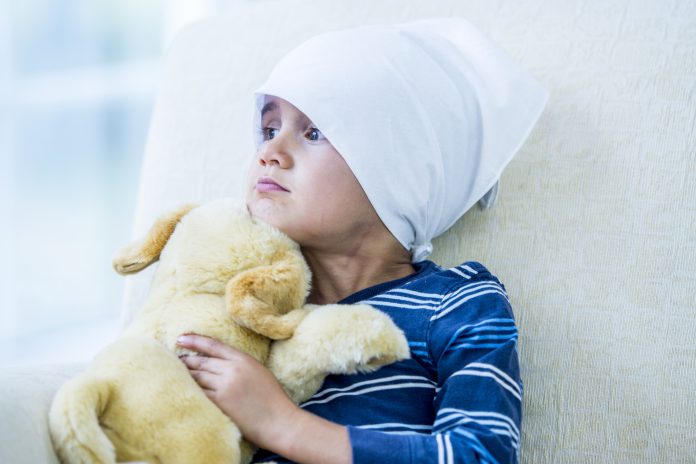
Non-profit childhood cancer research and treatment organization CureSearch for Children’s Cancer announced on Wednesday that it will collaborate with leading research institutions and corporate sponsors to launch a health economics study on the benefits of providing molecular testing for children with cancer.
According to CureSearch, the study is intended to encourage both payers and clinicians with the evidence needed to include molecular testing of each individual’s cancer more regularly as a method to improve care and outcomes, while lowering costs. It notes that currently, payer preauthorization for molecular testing is both a labor-intensive and lengthy process with unpredictable approvals. This often leaves the cost burden on the treatment center or the patient and family which limits their use in some setting and potentially leads to misdiagnoses that can lead to a more expensive treatment course.
“Many patients cannot get access to promising treatments because today’s healthcare payment systems put undue burdens on patient families, physicians, and hospitals,” said the study’s principal investigator Heidi Russell, MD, PhD, of Baylor College of Medicine and professor at the UTHealth Houston School of Public Health. “Until we address the costs and reimbursements for molecular testing, it will remain beyond the reach of many for financial reasons.”
Russell will assemble a research team that will collect data on molecular characterization of different cancers along with their respective treatments and outcomes. The initial area of focus will be on pediatric central nervous system tumors, with a specific focus on gliomas and medulloblastoma which have targeted treatments available, but currently have poor outcomes. Future analyses will include leukemia and sarcomas.
Once the team has collected the pertinent data, it will examine standard clinical practice in the treatment of these forms of cancer and the molecular testing protocol adherence. In the cases where molecular testing protocols were followed the study will dig deeper to determine what level of testing was perform—whole-exome, whole-genome, or gene panel assays. Further data stratification will include identifying differences in when the testing was performed either for pretreatment screening, or subsequent to initial treatment.
Using these data, the researchers will then detail the overall costs of cancer treatment, diagnostic screening, and enhanced molecular testing to determine whether performing enhanced molecular screening upfront provides a cost-savings for payers. The study will also provide information evaluating patient outcomes to determine the overall cost-effectiveness of advanced molecular testing.
“To realize the benefits of targeted therapies and identify eligible patients, molecular testing needs to be readily accessible and properly reimbursed,” said Luca Quagliata, PhD, vice president and global head of medical affairs for Clinical Next-Generation Sequencing and Oncology at Thermo Fisher Scientific and a participant in the study. “Through the use of ultra-rapid, automated molecular testing solutions, we can make vital genomic information actionable for clinicians treating pediatric patients with cancer, ultimately helping impact patient outcomes.”
To promote broad accessibility of molecular testing for children with cancer, the Children’s Oncology Group (COG) launched the Molecular Characterization Initiative (MCI) in March 2022 through its overarching cancer registry and biobanking study, Project: EveryChild (PEC). Funded by the National Cancer Institute, MCI is now open to children with newly diagnosed central nervous system tumors, soft tissue sarcoma, and a variety of other rare cancers.
“Providing treatment tailored to an individual patient’s genetic cancer is a fundamental hope of pediatric precision medicine,” said Holly Zink, director of Research and Programs at CureSearch. “An accurate molecular diagnosis can help oncologists choose the most effective and potentially least toxic treatment for each child. This landmark project will shape the future of pediatric cancer medicine.”











